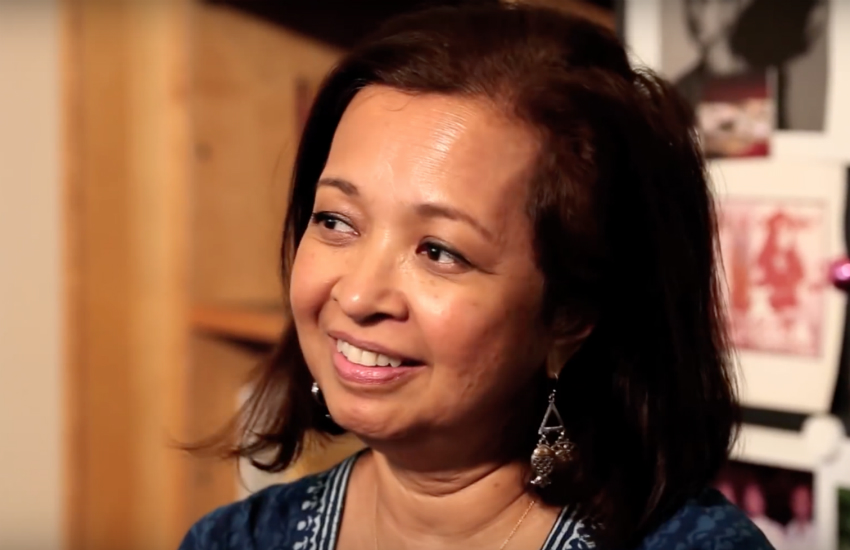Marina Mahatir, human rights activist and daughter of Mahathir Mohammed | Photo: YouTube
Human rights campaigner Marina Mahathir said that the LGBTI community in Malaysia ‘just wants the same [rights] as everyone else’.
She also called for more education and understanding of LGBTI rights in Malaysia, Free Malaysia Today reported.
Marina is the daughter of Malaysian prime minister Mahathir Mohammed, and a well-known human rights campaigner.
‘You don’t have to approve of their lifestyle […] but you cannot deny the fact that they are humans entitled to the same dignity stipulated in every religion, Islam included,’ she said during the opening of a transgender shelter in Kuala Lumpur.
‘They are human beings,’ she added. ‘You can’t just divide human rights for some humans and take it away for others. LGBTs are citizens and voters.’
Marina’s message of equality
Her comments were largely directed at Malaysia’s new government, Pakatan Harapan (PH).
Led by Mahatir, PH won a shock victory in Malaysia’s general elections in May, ousting the coalition which had been in power for over 60 years, Barisan Nasional. Following the win, Marina’s father became the oldest world leader by becoming prime minster for a second time at the age of 92.
‘Now, I’m not from the government. But I feel with the change of government on May 9, a lot of hope is riding now on PH,’ Marina said. ‘But the government is being run by new people, many of whom are inexperienced in running the country. For 61 years, we only had one group in power anyway.’
‘The culture in Malaysia has not changed yet, even with PH’s good intentions. So we can’t be slack and stop our efforts to bring up issues from the marginalised communities,’ she added.
Billed as reformers, the new government has signaled that it will focus on building human rights, including for the LGBTI community. But almost three months after the election, this has yet to materialise in any real substantive form.
LGBTI rights: a divisive issue
LGBTI rights remain a contentious issue in Malaysia.
A majority of Malaysians believe that homosexuality should not be socially accepted, and the country has bans on ‘positive’ portrayals of LGBTI people on television and in film, and recently blocked access to HIV and LGBTI websites.
In July, an LGBTI activist resigned as the press officer for a government minister after an influx of threats and public outcry over him being openly gay.
However, also in July Malaysia’s Minister for Religious Affairs that the strict enforcement of transgender sex workers had failed, and that more proactive measure were needed.







